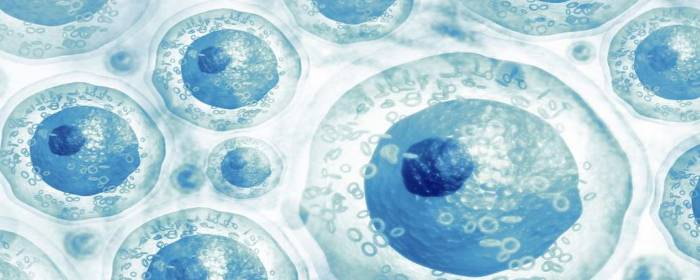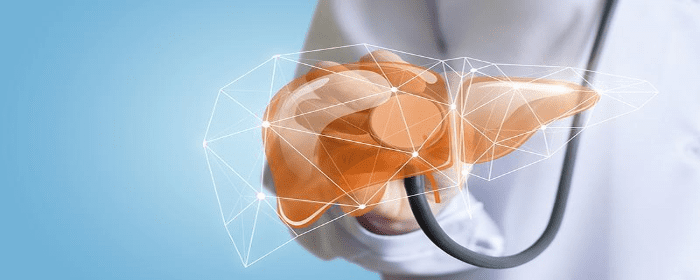
Fighting Against Tissue Injury: Stem Cell Exosomes
Tissue injury is common to many human diseases. Cirrhosis results in damaged, fibrotic liver tissue. Idiopathic pulmonary fibrosis and related lung diseases cause damage to lung tissue. A heart attack damages heart tissue, just as a stroke damages brain tissue. In some cases, such as minor tissue injury, the damaged tissue can repair itself. Over time, however, tissue damage becomes too great and the organ itself can fail. For example, long-standing cirrhosis can cause liver failure.
One area of active research is to find ways to protect tissue from injury or, if an injury occurs, to help the tissue repair itself before the damage becomes permanent and irreversible. Indeed, tissue repair is one of the main focuses of regenerative medicine. Likewise, one of the most promising approaches in the field of regenerative medicine is stem cell therapy. Researchers are learning that when it comes to protecting against tissue injury and promoting tissue repair, exosomes harvested from stem cells are perhaps the most attractive potential therapeutic.
Why are stem cell exosomes so promising? Exosomes are small packets of molecules that stem cells release to help the cells around them grow and flourish. While one could inject stem cells as a treatment for diseases (and they certainly do work for that purpose) it may be more effective in some cases to inject exosomes directly. So instead of relying on the stem cells to produce exosomes once they are injected into the body, stem cells can create substantial amounts of exosomes in the laboratory. Exosomes with desired properties could be concentrated and safely injected in large quantities, resulting in a potentially more potent treatment for the disease.
Indeed, researchers have shown that extracellular vesicles (exosomes and their cousins, microvesicles) can be collected from stem cells and used to treat a variety of tissue injuries in laboratory animals.
Just a few examples of this research:
- Exosomes from umbilical cord-derived mesenchymal stem cells were able to accelerate skin damage repair in rats who had suffered skin burns.
- Exosomes from the same type of stem cell protected the lungs and reduced lung blood pressure in mice with pulmonary hypertension.
- Exosomes from endothelial progenitor cells protected the kidney from damage caused by a lack of blood flow to the organ.
In this growing field of Regenerative Medicine, research is constant and building as new science evolves from stem cell studies. Researchers are closing in on the specific exosomes that may be helpful in treating human diseases caused by tissue injury.
Reference: Zhang et al. (2016). Focus on Extracellular Vesicles: Therapeutic Potential of Stem Cell-Derived Extracellular Vesicles. International Journal of Molecular Sciences. 2016 Feb; 17(2): 174.


 St. Petersburg, Florida
St. Petersburg, Florida
